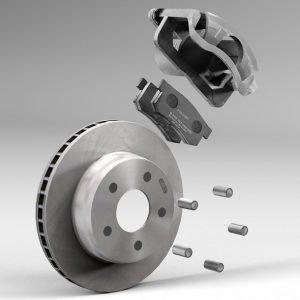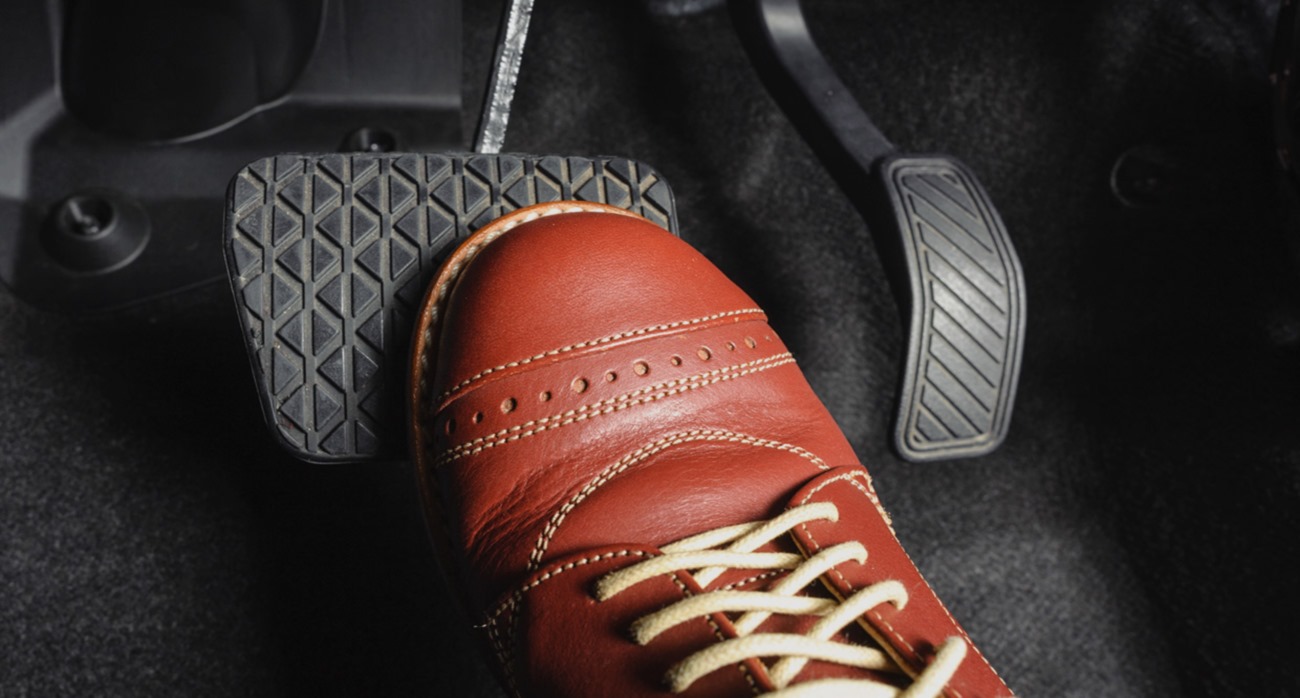What is a brake imbalance?
A brake imbalance means that the brakes on one side of a vehicle are working more than the brakes on the other side. Ideally, brakes should apply the same amount of force on both sides for even and effective stopping. When there’s an issue causing one side to brake harder or softer than the other, it’s called brake imbalance.
This imbalance can happen due to things like worn-out brake parts, problems with brake components, or issues with brake fluid. If left unaddressed, brake imbalance can lead to uneven braking, longer stopping distances, and potentially unsafe driving conditions. Regular brake checks and timely maintenance help ensure that the brakes work properly and evenly on both sides of the vehicle.
What causes a brake imbalance?

A brake imbalance can be caused by several different problems in your braking system. These include uneven brake pad / shoe wear, worn discs/drums, a damaged piston or damage to the brake caliper.
Rather than trying to find the cause of the problem yourself, we recommend that you bring your vehicle to a mechanic who can quickly find out what’s wrong.
Imbalanced brake symptoms
- Vehicle Pulling to One Side: This is the most common symptoms of an imbalanced brake system. When braking, if the vehicle tends to pull to one side instead of stopping in a straight line, it may indicate an imbalance in the braking system.
- Uneven Brake Pad Wear: Inspect the brake pads for uneven wear patterns. Imbalance in the braking system can cause one set of brake pads to wear more quickly than the others.
- Vibration or Pulsation: Uneven braking force can lead to vibrations or pulsations felt through the brake pedal when applying the brakes. This may be more noticeable during high-speed braking.
- Squealing or Grinding Noises: Imbalance in the braking system can cause uneven contact between brake components, leading to squealing or grinding noises during braking.
- Increased Stopping Distance: A vehicle with brake imbalance may require a longer distance to come to a complete stop, as the braking force is not evenly distributed between the wheels.
How important is a brake imbalance repair?
Balanced brakes are crucial to the safety of your vehicle, especially when driving in bad conditions, at high speeds, or on windy roads with lots of turns. A brake imbalance can cause your car to pull to one side when braking. This can result in a loss of control, especially when the brakes are rapidly applied. If you have to drive, reduce the risk by taking things slowly.
Balanced brakes are also necessary for your car to be legally driveable. In New Zealand, your brakes will need to be balanced for your car to pass a WOF.
I’ve failed a WOF for brake imbalance
During your Warrant of Fitness test, a mechanic will test your brakes to see if there is any sort of imbalance. A reading of your brake balance will be added to your WOF sheet. Depending on the severity of the brake imbalance, you may fail a Warrant of Fitness. When this happens, the brakes will need to be repaired before you can legally drive again.
Brake imbalance repair in Hamilton
At Grimmer Motors, we can fix your brake imbalance. This will allow for smoother braking and improved safety. Our experienced, qualified and skilled mechanics can quickly find and fix the source of the issue, saving you time and money.
For reliable brake repairs in Hamilton, contact Grimmer Motors today!

